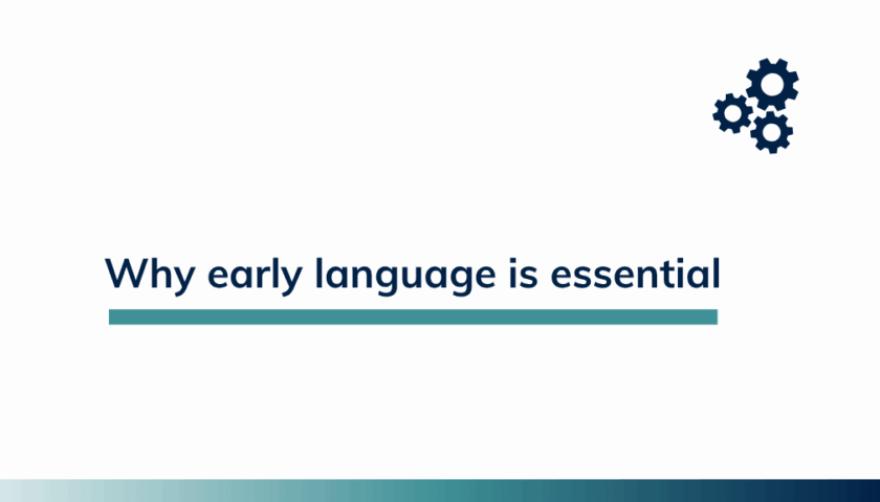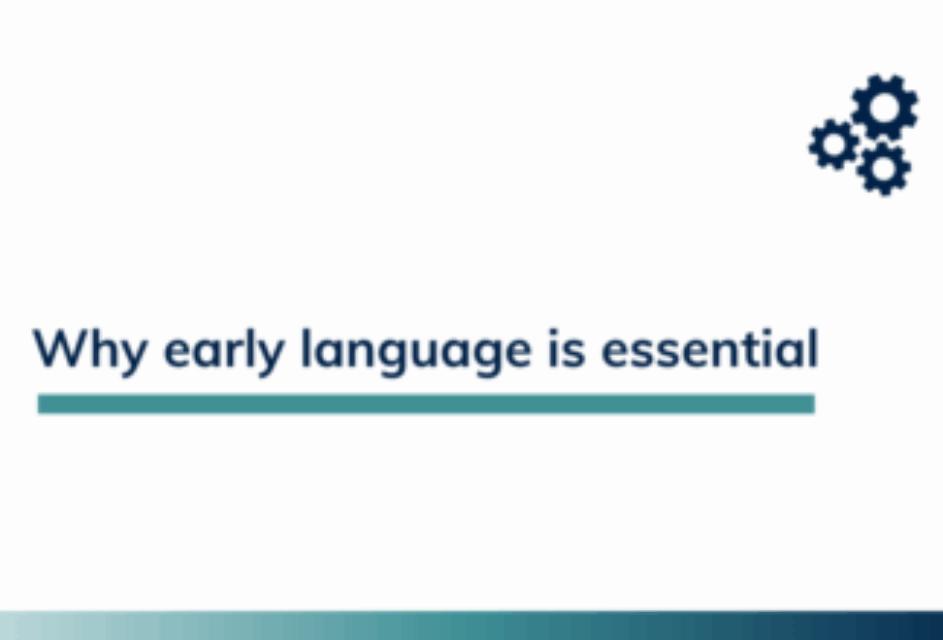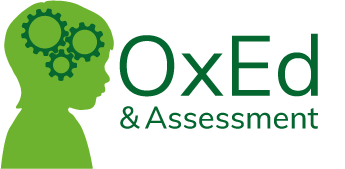Prevention is better than cure: Why a focus on early language is essential
Read about the importance of early oral language identification and intervention to literacy and learning in the summer edition of ‘nasen Connect.’


With research consistently highlighting the importance of oral language skills for students’ wellbeing, how can teachers, parents, and education professionals ensure all children develop strong language skills? In this article, published in nasen Connect, Professor Hulme, CEO and Founder of OxEd & Assessment, emphasises universal screening and early intervention as key solutions.
Oral language skills are at the heart of education, fundamental to learning to read and accessing the whole curriculum. Without language, education falters from the very beginning.
Early language skills before a child has even started to learn to read, are strongly related to how well they will learn to read words once they enter school.
School-based oral language screening allows teachers to identify language difficulties early on, implement appropriate interventions, and prevent a widening gap between a child with poor language skills and their peers.
As well as leading to improved literacy outcomes, better learning, and improved behaviour, an intensive focus on early oral language can also reduce the number of children requiring SEND support, allowing scarce Speech Language Therapist resource to focus their time on those with the most complex needs.
As Prof. Hulme writes, “investing in early language intervention leads to better long-term outcomes, helping children reach their full potential.”
